
Lots of potential but hard to find an outlet
In recent years, our country's innovation ecosystem has been formed and developed strongly with more than 3,800 technology startups, 74,000 enterprises in the information technology sector and a team of more than 1.2 million high-quality workers. The country currently has more than 140 universities, research institutes and startup support organizations, forming an important network to promote technology startups, bringing to the market more and more high-quality industrial products associated with science and technology ...
Vice President and General Secretary of the Vietnam Association of Supporting Industries (VASI) Truong Thi Chi Binh said that Vietnamese supporting industry enterprises have production capacity that meets international standards, are strong in the fields of mechanics, plastics, electronics, and automation; and compete well with small and medium-sized orders. The industry has mastered many complex components for automobiles, mechanics, plastics, electrical wires, printed circuit boards, and wind turbines.
Meanwhile, Vice President and General Secretary of the Vietnam Software and IT Services Association (VINASA) Nguyen Thi Thu Giang said that Vietnam's information technology industry is growing strongly, with total industry revenue reaching 152 billion USD in 2024, of which the software industry alone will reach 13 billion USD, of which exports account for 7 billion USD. The industry has a great advantage in human resources with about 1.26 million IT engineers, highly appreciated internationally, especially ranking in the top 3 in the world in terms of artificial intelligence skills. Export processing mainly serves developed markets such as the United States, Japan, Europe and some Southeast Asian countries; businesses are expanding to China and the Middle East.
However, the market for consuming science and technology products in Vietnam still has many barriers, especially the lack of connection between research institutes, enterprises and the State; limitations in commercializing research results and the lack of long-term support policies. In addition, the Vietnamese software industry still lacks many aspects from presence in foreign markets, market information to connection channels, effective approaches, limitations in marketing budget, etc.
The market is also the biggest barrier to the supporting industry because businesses are weak in finding customers and expanding the market. Businesses mainly stop at producing separate components, finding it difficult to move up to producing component clusters or replacement products due to problems with output and supply chains. Meanwhile, the domestic supply chain is still weak and less competitive than China and India, leading to dependence on imported materials and high costs. In addition, although the manufacturing industry has a fairly high technology content and is a fundamental industry, it is not really considered a priority high-tech industry, leading to a lack of substantial support.
How to bring high-tech products to the world?
In the context of deep international integration, science, technology and innovation play a key role in enhancing national competitiveness. To remove difficulties for exporting innovative and high-tech products, it is necessary to strengthen coordination between ministries, branches, associations, enterprises and especially promote the bridging role of the Vietnamese trade office system abroad.
According to Vietnamese Trade Counselor in the United States Do Ngoc Hung, cooperation in science, technology and innovation is a priority for the two countries, especially in the field of electronics and components. Vietnamese electrical and electronic products, semiconductor components, industrial equipment and software are increasingly attracting US businesses. Many corporations of the world's number 1 economy have cooperated with Vietnamese businesses, such as FPT Software, which provides services to many partners. Vietnam is also a potential partner in the supply chain of precision mechanical components, molds, and auxiliary equipment for electric cars, defense, healthcare, and aviation. Notably, Vietnam has the potential to cooperate with Tesla in the supply of components, batteries, and green transportation solutions.
In the context of the great potential for international cooperation in science and technology development and innovation, Mr. Do Ngoc Hung suggested that the Government should continue to support large enterprises and associations such as FPT, Viettel, VASI... to expand connections and presence in the US market through branches, research centers and distribution partners.
Ms. Nguyen Thi Thu Giang, representative of VINASA, suggested that Vietnamese trade offices abroad provide legal information, procedures for establishing businesses, support connections with local communities and business associations to build relationships. At the same time, support Vietnamese businesses to set up addresses and signs at trade offices or find shared offices; connect with partners. In addition, it is necessary to provide information on events and appropriate technology programs in the host country for Vietnamese businesses to participate. VINASA hopes that trade offices will introduce VINASA's major events and invite international partners to Vietnam to participate.
Director of the Trade Promotion Agency (Ministry of Industry and Trade) Vu Ba Phu said: “In the coming time, the Agency will continue to closely coordinate with trade offices, domestic units and industry associations to effectively implement trade promotion programs for Vietnamese science and technology products. The goal is to build an innovative ecosystem closely linked to the market, helping Vietnamese science and technology products not only to be present, but also to have strong competitiveness in the international market.”
Source: https://hanoimoi.vn/go-kho-cho-xuat-khau-san-pham-cong-nghe-cao-712067.html




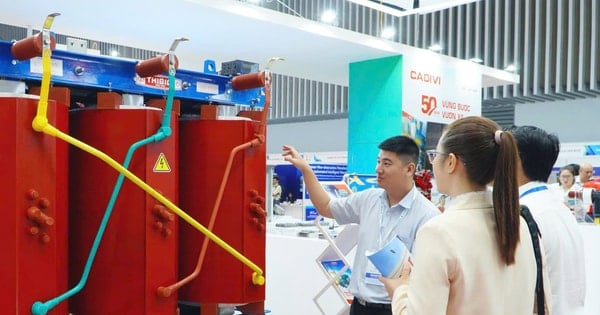
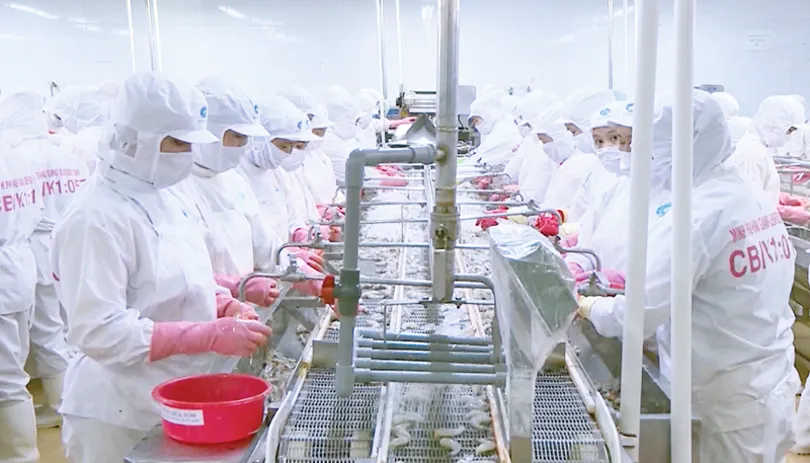

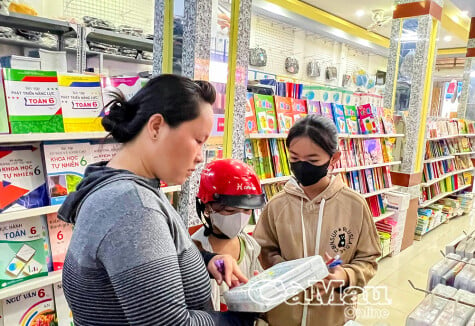

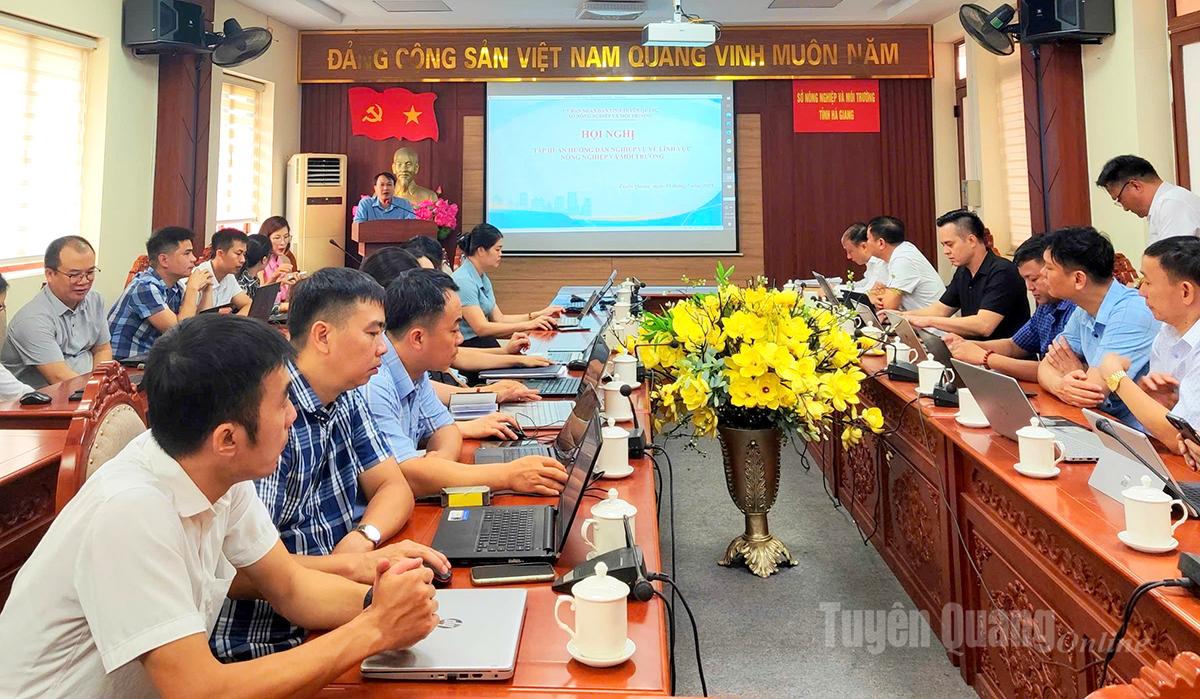


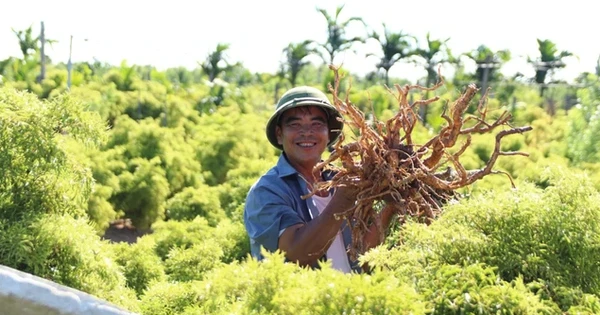













![[Photo] An Phu intersection project connecting Ho Chi Minh City-Long Thanh-Dau Giay expressway behind schedule](https://vstatic.vietnam.vn/vietnam/resource/IMAGE/2025/8/21/1ad80e9dd8944150bb72e6c49ecc7e08)





































![[Photo] Politburo works with the Standing Committee of Hanoi Party Committee and Ho Chi Minh City Party Committee](https://vstatic.vietnam.vn/vietnam/resource/IMAGE/2025/8/21/4f3460337a6045e7847d50d38704355d)

































Comment (0)